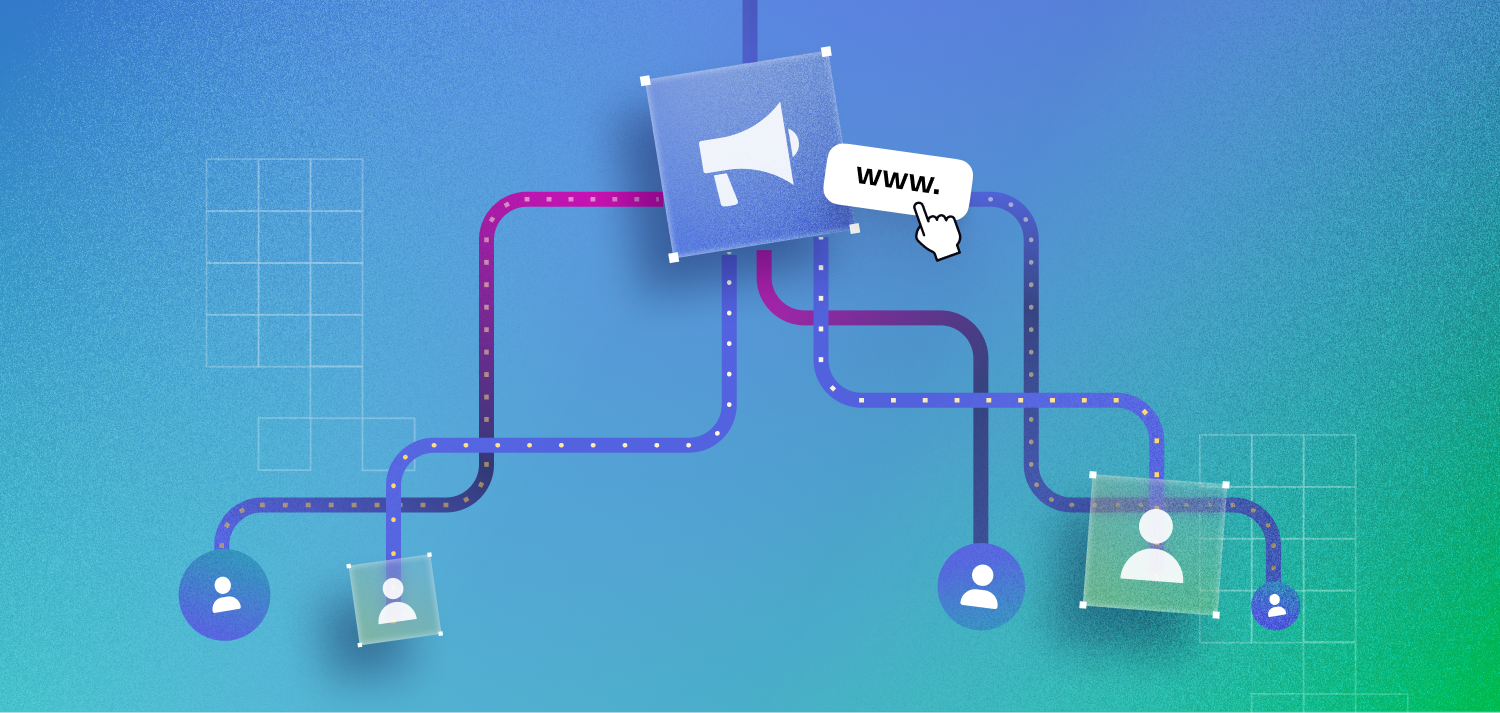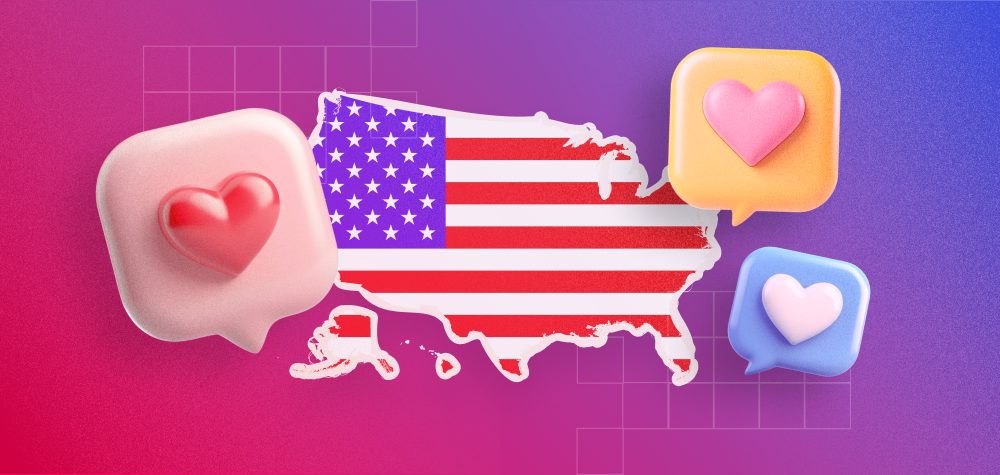Advertising IDs will soon disappear, sparking the biggest shakeup in the multibillion-dollar advertising industry since the advent of the banner ad. The good news is that publishers (and their first-party data) will find themselves at the center of this new advertising ecosystem, in charge of their own success.
Here’s how.
Today, every time a publisher asks for a digital ad, they bundle their requests with some very basic information: The type of ad unit they want, the user’s advertising ID, their location, device type, operating system, and app name, in the case of mobile apps.
A series of powerful marketplace algorithms take over and choose the best possible ad for that person. In the milliseconds it takes for someone to load a webpage or mobile app, that ad has been selected, paid for, and delivered.
Today, sophisticated ad tech software supplements these basic ad requests with additional demographic details: The consumer’s age, gender, interests, what they’ve recently shopped for online, and so on.
Starting in 2024, the ad tech industry’s ability to gather consumer data and use it for audience segmentation and ad targeting will be dramatically cut back. Google began the year by permanently turning off third-party cookies for 30 million Chrome users, and says it plans to turn off third-party cookies for everyone by the end of the year. The company plans to kill Android mobile advertising IDs in tandem, or shortly thereafter.
At Start.io, we believe publishers will step in to help close the gap when cookies and mobile advertising IDs disappear.
In practice, what that means is that publishers will need to gather this demographic data in a privacy-compliant way and share it with the ad tech ecosystem. This could be by asking people to sign into a gated service, or by using first-party data-gathering software that builds consumer profiles tied to alternative IDs.
Every publisher, no matter their size, will need to get comfortable with the idea that they’re now in the first-party data business. We think that this shift toward publisher-defined audiences and first-party data is inevitable, even if Google were to delay killing cookies and mobile advertising IDs.
Publishers should welcome this shift, as it gives them back the power that they had ceded to the adtech industry.



